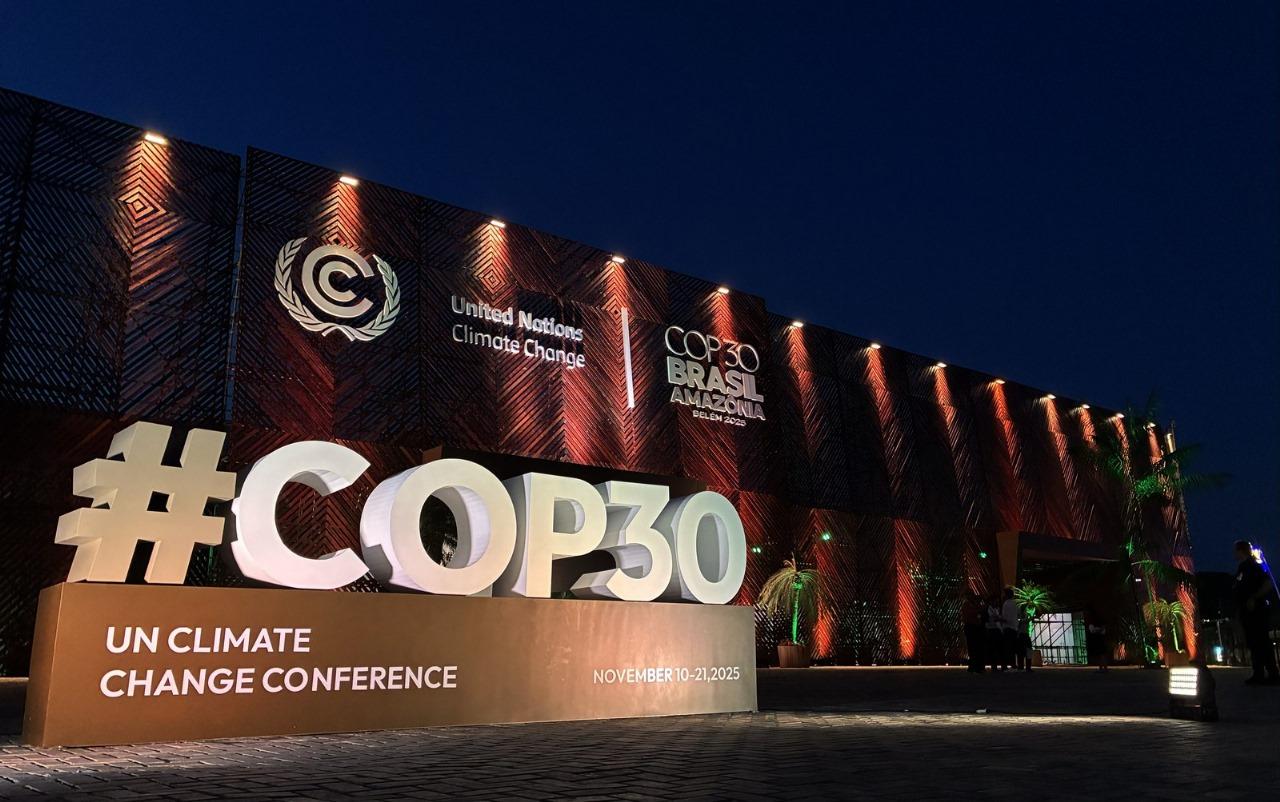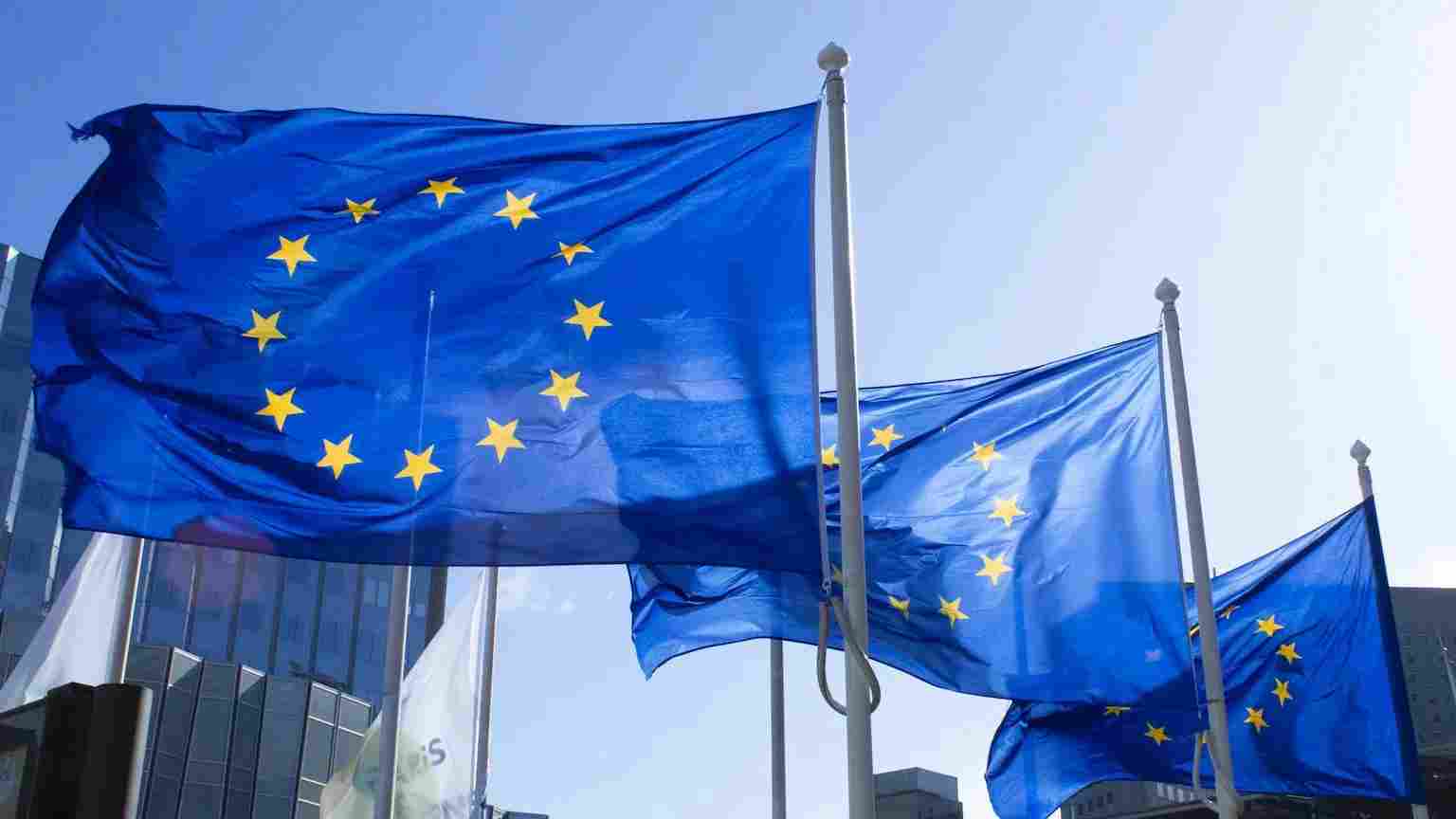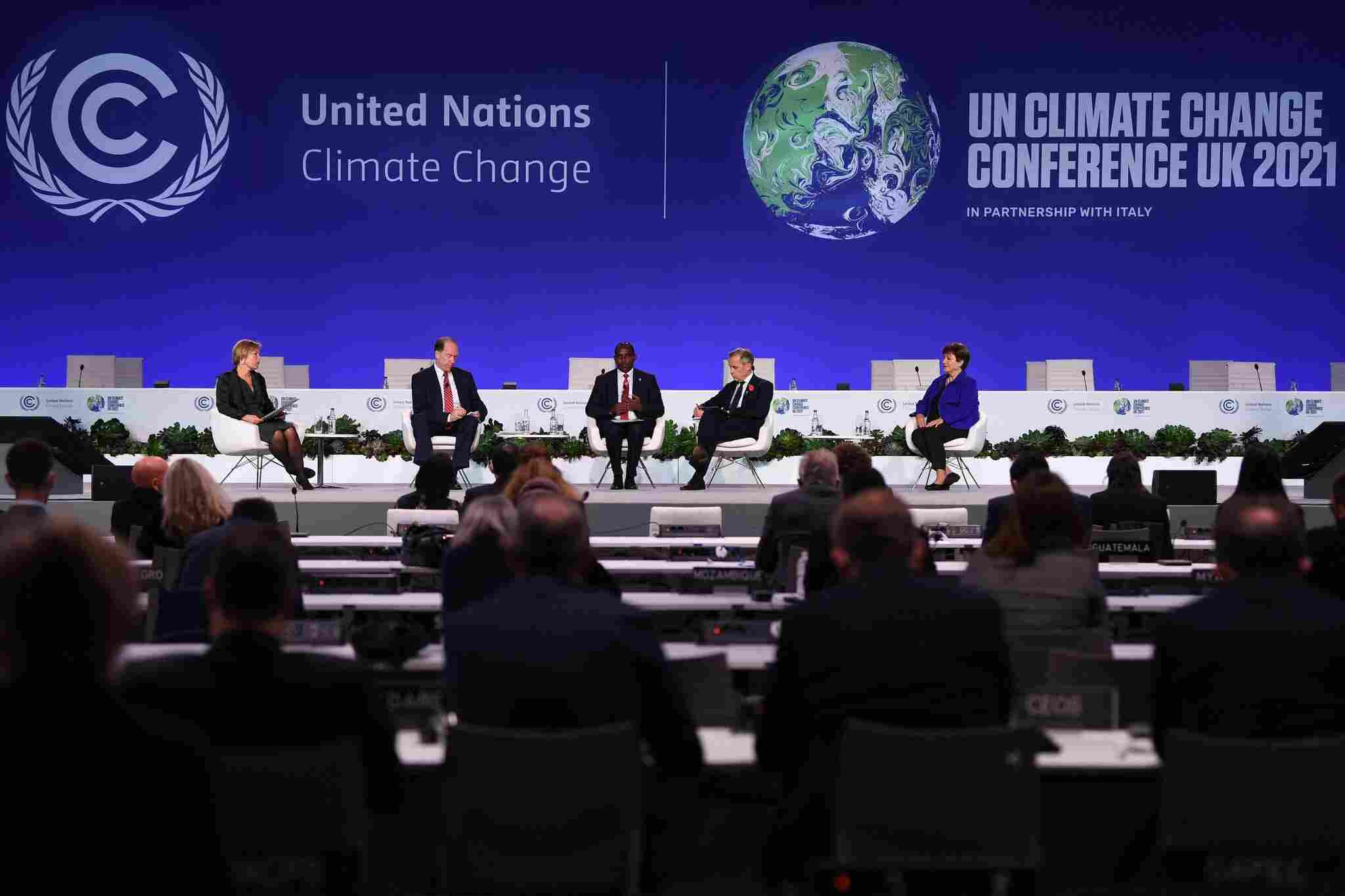
WORLD (Enmaeya Features) - November 10, 2025
Today marks the opening of COP30, the United Nations Climate Change Conference, in Belém, Brazil, a city at the heart of the Amazon and symbolic of what’s at stake in the global fight against climate change.As negotiations begin, the tone is both urgent and uncertain.
Who's Missing from the Table?
For the first time in three decades of international climate talks, the United States, one of the world’s largest emitters and a central voice in shaping past agreements, is absent at the senior level. Other major economies, including China, Russia, Japan, and Australia, are also not represented by their leaders.
Their absence raises a critical question: Can international climate cooperation advance without key countries at the table?
Progress and Paradoxes
Ten years after the Paris Agreement united nearly every nation around the goal of limiting global warming to “well below” two degrees Celsius, progress has been mixed. Global emissions continue to rise, but at a slower pace than before, increasing by about 0.3 percent per year compared to nearly 1.7 percent in the decade preceding Paris. This slowdown reflects changes in energy systems, greater efficiency, and the unprecedented expansion of renewable energy worldwide. Renewable energy capacity has surged to record levels. In 2024 alone, the world added roughly 585 gigawatts of new renewable power capacity, a 15 percent increase from the previous year. Solar and wind energy now account for more than four-fifths of all new power installations.
The Promise and the Gap
Despite this remarkable growth, the global transition remains off-track to meet the 1.5 °C target, with fossil fuels still dominating energy systems in many regions.
China now leads the world in renewable energy investment and technology, exporting solar panels, batteries, and electric vehicles across continents. Emerging economies, from Brazil to India and South Africa, are also taking stronger roles in driving the energy transition through innovation and regional cooperation.
Still, the absence of major emitters from this year’s high-level sessions underscores a deeper challenge: climate change is a shared crisis that requires shared responsibility. While some observers suggest negotiations may move faster without political gridlock from certain countries, long-term progress depends on global participation, particularly when it comes to climate finance, adaptation, and technology transfer.
Communities around the world are already adapting to new realities. Farmers are testing drought-resistant crops, coastal cities are redesigning infrastructure for rising seas, and local cooperatives are offering micro-insurance to protect workers from extreme heat. These efforts are promising but need sustained international support.
As COP30 begins, the message is clear: the world cannot afford to wait. Whether or not all key countries are present, the planet’s future depends on collective action and on turning promises into tangible progress in Belém.








